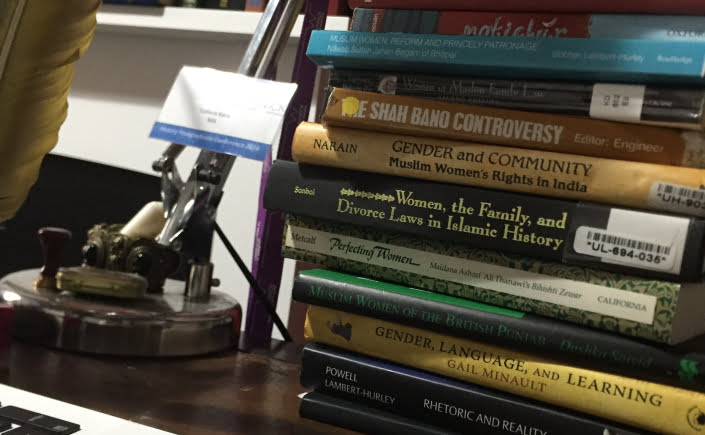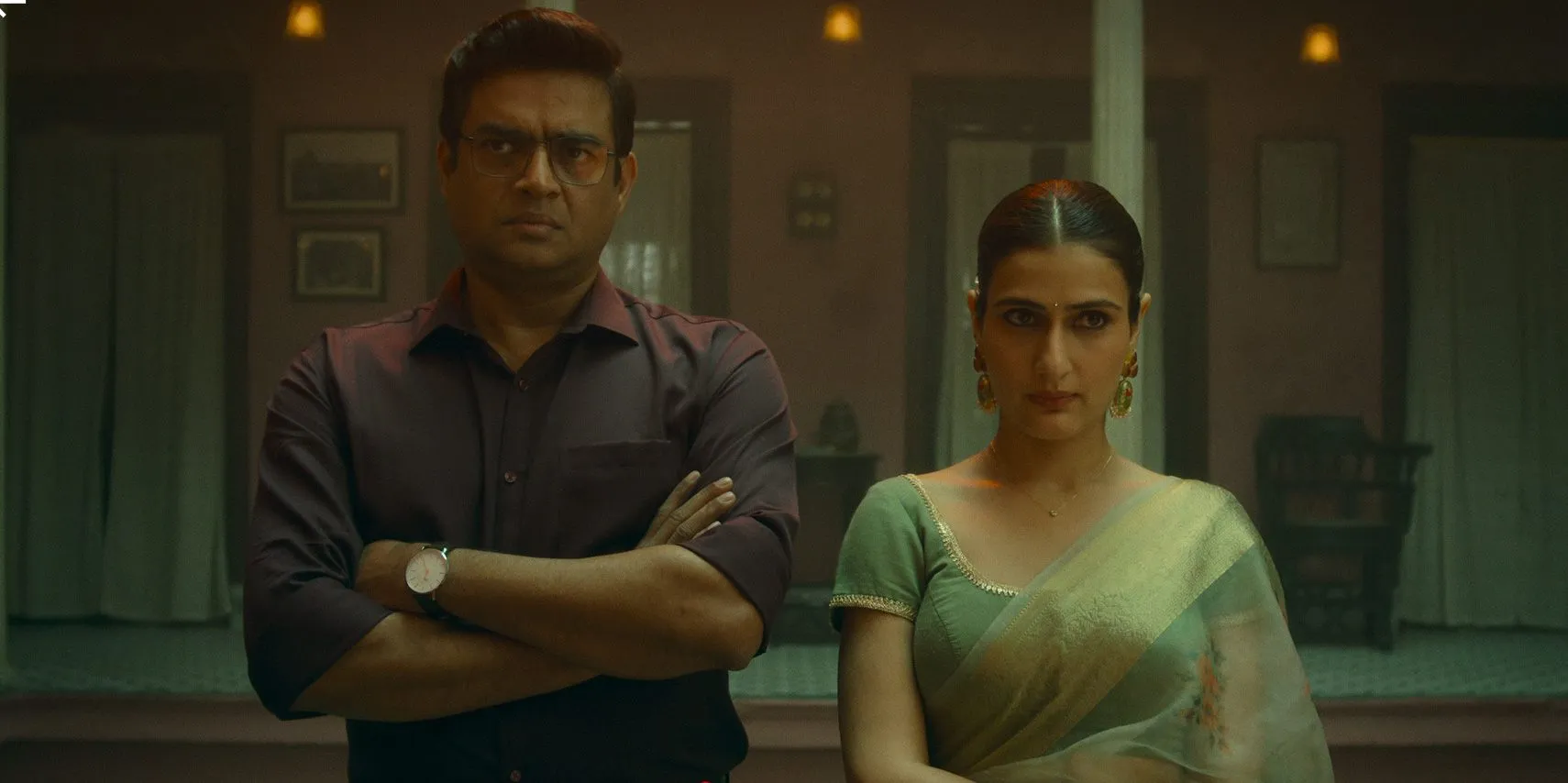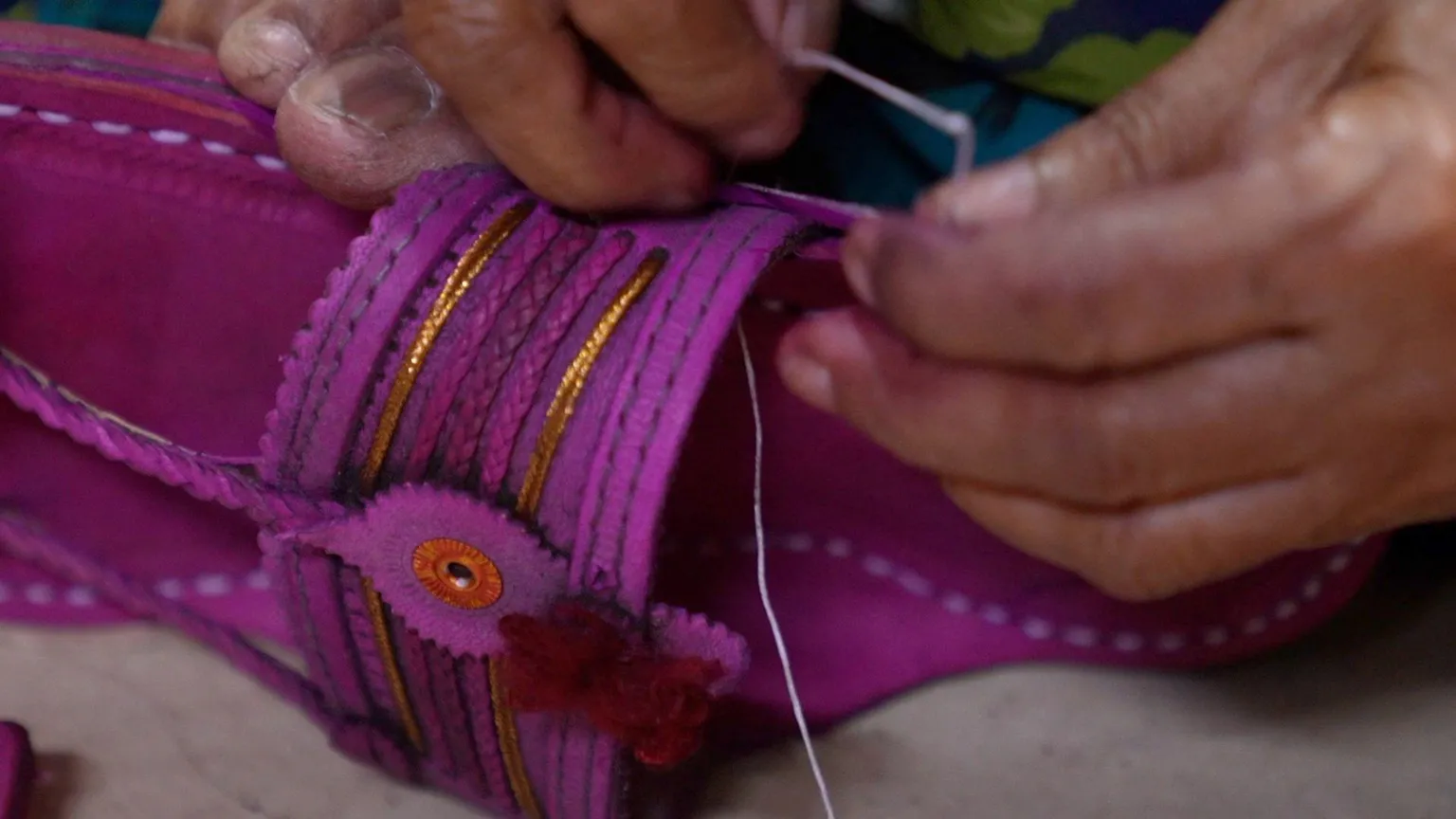I have always wondered why I write and how writing has now grown to become one of my greatest passions. Over the past year, writing about feminism and women’s issues have helped me get a better sense of my own perspectives and engage with issues in my own capacity. Growing up a South-Asian woman in such a divided world where gender discrimination continues to be entrenched in society despite current progress, I have grown to understand my position and voice in my society to a certain extent, given the fact that I am continuously learning and also have the agency and freedom to speak about the world and its multiple inequalities.
At the same time, growing up in a well-to-do family, immigration, and receiving the opportunities I have due to these circumstances have even made me wonder if I speak from a certain position of privilege or pedestal when I choose to voice my opinions as others may lack the same advantages and benefits from freedom of speech and self-expression.
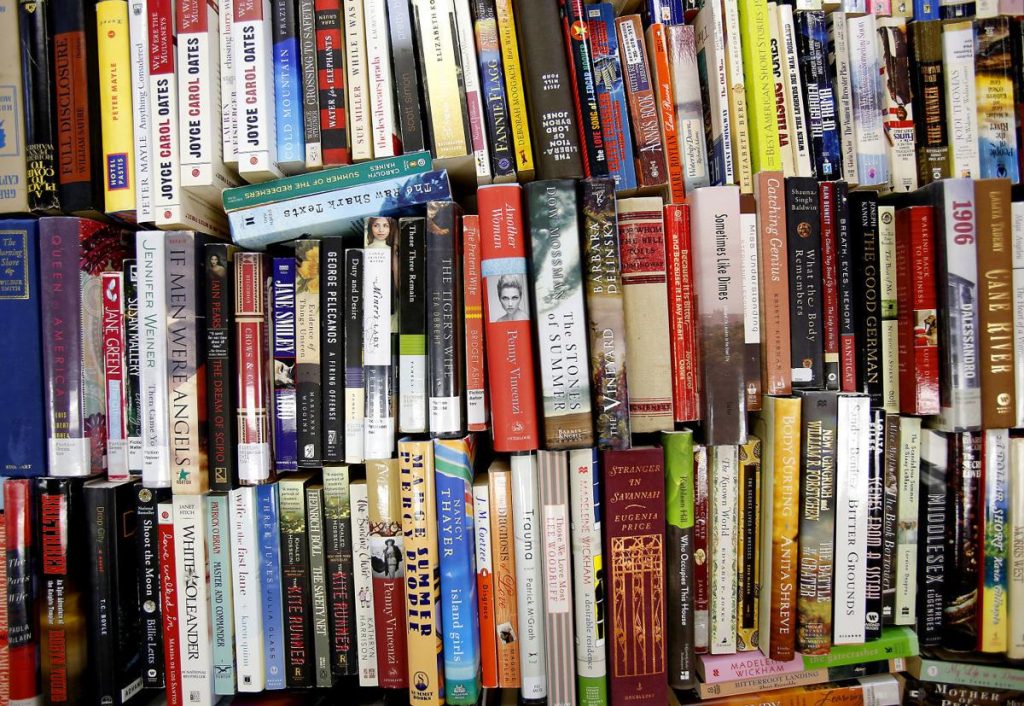
Conceptualising And Understanding ‘Feminist Writing’
Feminist literature remains a significant vehicle for the propagation of many feminist ideas and themes. In fact, French feminist literary theory of the 1970s highlighted a concept known as Ecriture Feminine or female writing. This concept sought to analyse the specific texts of women, the inscriptions of the female body as well as psychoanalysis as there was an important focus on the general psychic understanding of the self that was achieved in the process. In the text, The Laughter of Medusa, feminist author, Helene Cixous argued that it was vital that women write about each other. This school of thought, though radical in many ways, helped provide an essential foundation for related discourse on the subject today.
This concept sought to analyse the specific texts of women, the inscriptions of the female body as well as psychoanalysis as there was an important focus on the general psychic understanding of the self that was achieved in the process.
According to Alison Flood, ‘women’s writing’ was a genre that took off much before than expected as women continued to write under pseudonyms. Current historical narratives also tend to exclude medieval women’s writing from history. Though this terminology may seem rather reductionist in nature and can be widely contested, it is undeniable that feminist works and writing have helped reclaim and carve female identity.
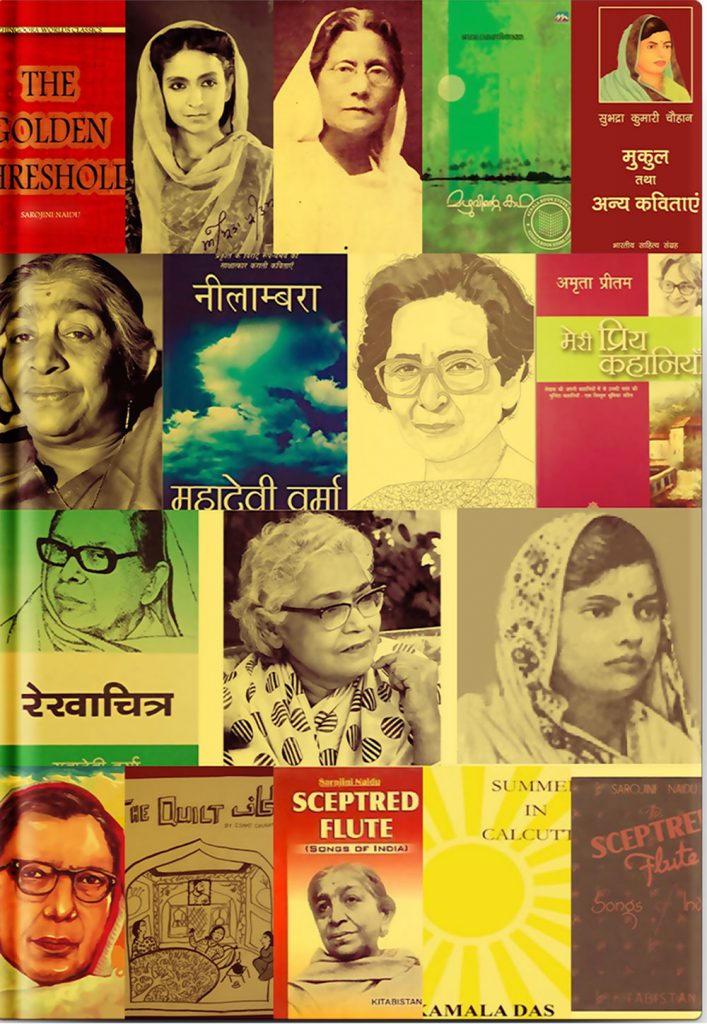
The first and second waves of the 70s witnessed a wave of feminist literary criticism and dealt with female representation in literature and authorship, while the third wave feminist movement became famous for its feminist works in particular, with the success of female authors such as Margaret Fuller and George Eliot. On that note, feminist criticism in India grew to be of greater significance due to the power of media and the steadily politicised nature of feminism in today’s context.
Feminist Writing And Privilege
A majority of the time, feminist writing and writing about feminist issues can often come from a certain position of privilege especially as self-expression by itself, comes from an almost invisible position that is decided by the social and economic realities we are born into. Yet, speaking out about social ills and standing up for the voiceless and marginalised regardless of our circumstances, enables us to make sense of our positions and use our privilege and benefits in life for the better.
Also read: Why Have A Category Called “Women’s Writing” When There Is None For “Men’s Writing”?
We become more self-aware in the process and recognise the circumstances and social realities of the world we live in, rather than getting caught up in the different social habitus that define us along with our positions and social actions. We prevent the collective vice of privilege and apathy by standing against apolitical stances and taking a stand on social and political issues that matter. The power of words and language, in particular, allow us to decipher and discern these different complexities. Feminist writing and writers in this day and age face a similar dilemma like me when we believe that we speak out for those who can’t and have been silenced by the status quo of their socio-political environments.
A majority of the time, feminist writing and writing about feminist issues can often come from a certain position of privilege especially as self-expression by itself, comes from an almost invisible position that is decided by the social and economic realities we are born into.
How Do We Make The Situation Better?
As writers, we often fall into the trap of mainstreaming, stereotyping marginalised communities and groups, simply because, though we may be well-read and informed, it is impossible to always get the best and most authentic representation and portrayal of an individual or group in question. Therefore, it is imperative that we improve the representation of marginalised communities and voices in literature and even the media.

For example, Dalit literature, written by Dalits, has now become notable for its portrayal of real-life stories in the form of short stories, essays, poems, autobiographies and other political pieces. The literature of marginality has proven to be a great way to portrayal marginalised classes in the world and the erosion of their fundamental rights. Postcolonial literature and literary works have helped explore this particular sphere of class and social hierarchy effectively.
Writing thus remains a vehicle and impetus for social change owing to the collective understanding one receives by learning and reading about different experiences and perspectives. As the feminist movement continues to surge, intersectionality begins to play a crucial role in the written word and literature as it explores a deeper lens and brings us greater insights pertaining to different marginalised communities and oppressed voices.
Also read: How Is Women Writing A Form Of Protest In A Male-Dominated World?
Though writing about feminism and being in a position to voice out one’s opinions about the injustices and inequities that continue to exist in society is still relevant, times are also changing as we begin to understand intersectionality as an all-inclusive concept and the positions we speak from.
Featured Image Source: Sabera Bhayat
About the author(s)
Shivani is currently a political science undergraduate student enrolled at Sciences Po Paris. She hopes to embark on a career in investigative reporting and journalism. Shivani is a lover of coffee, obscure films, sitcoms, political podcasts, and siestas. In her free time, she enjoys writing and curating her next Spotify playlist.
